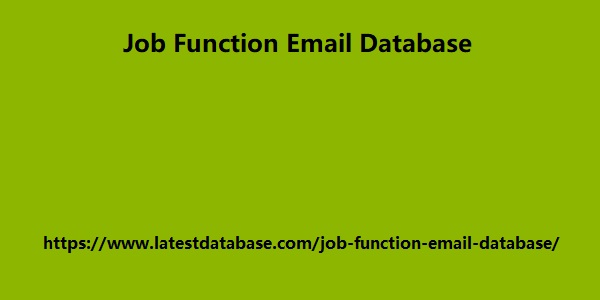Post by account_disabled on Feb 25, 2024 2:14:20 GMT -5
Geopolitical divisions threaten the global maritime trade order. The war in Ukraine has already disrupted energy and grain shipments from Russia. A possible invasion or blockade of Taiwan by mainland China could do the same in East Asia. But war is still not included in all insurance coverage. The open sea routes with Russia and Ukraine are essential for the supply of grain and other basic products. Recent drone attacks in Crimea highlight the risks. Open trade with Taiwan is even more important given the concentration of global chip supply. China's largest ever naval exercises in the Pacific are cause for concern. However, unlike the Black Sea region, the seas surrounding Taiwan are not on the Joint War Committee list at Lloyd's of London. War Cover is only required for an asset to enter a region after it appears on the list. Expect costs to increase if this happens.
A basic global war coverage premium could cost 10 basis points of a ship's value annually. Entry into the Black Sea conflict zone could add another 100 to 150 basis points to that. This compares with a premium of 10 to 25 basis points Job Function Email Database for hedging to traverse the Gulf, another area included in the JWC list. At the height of the Libyan civil war, rates were as high as 500 basis points, although not for long. Maritime tension is just one of several problems facing the global shipping industry. Supply chains are still recovering from pandemic-era disruption and putting shippers, like AP Møller-Maersk, under cost pressure. Port congestion has driven up hull and cargo coverage rates at the busiest bottlenecks. Fire risks are also increasing as ships carry greater quantities of lithium-ion batteries. But the war in Ukraine has led to a sustained increase in tariffs unlike anything seen in a generation, says Dan McCarthy, head of marine at Markel International. He was one of the first to secure the Ukrainian grain trade after the start of the war.

The European Central Bank has raised interest rates to a record high in a bid to cool consumer prices, but the euro fell after the central bank signaled its hiking cycle was nearing an end. The ECB's decision to raise its deposit rate for the 10th time in a row, by 25 basis points to 4 percent, came as officials cut their growth forecasts for the eurozone economy. The euro fell to a three-month low against the dollar after Thursday's decision by the ECB's governing council in Frankfurt. By mid-afternoon, the currency was down 0.5 percent on the day at $1.0677. Yields on two-year German Bunds, sensitive to interest rates and considered a benchmark for the eurozone, fell 0.04 percentage point to 3.13 percent. Many economists predict that major central banks are nearing the end of their rate hikes, as inflation is falling and growth is slowing under pressure from higher borrowing costs.
A basic global war coverage premium could cost 10 basis points of a ship's value annually. Entry into the Black Sea conflict zone could add another 100 to 150 basis points to that. This compares with a premium of 10 to 25 basis points Job Function Email Database for hedging to traverse the Gulf, another area included in the JWC list. At the height of the Libyan civil war, rates were as high as 500 basis points, although not for long. Maritime tension is just one of several problems facing the global shipping industry. Supply chains are still recovering from pandemic-era disruption and putting shippers, like AP Møller-Maersk, under cost pressure. Port congestion has driven up hull and cargo coverage rates at the busiest bottlenecks. Fire risks are also increasing as ships carry greater quantities of lithium-ion batteries. But the war in Ukraine has led to a sustained increase in tariffs unlike anything seen in a generation, says Dan McCarthy, head of marine at Markel International. He was one of the first to secure the Ukrainian grain trade after the start of the war.

The European Central Bank has raised interest rates to a record high in a bid to cool consumer prices, but the euro fell after the central bank signaled its hiking cycle was nearing an end. The ECB's decision to raise its deposit rate for the 10th time in a row, by 25 basis points to 4 percent, came as officials cut their growth forecasts for the eurozone economy. The euro fell to a three-month low against the dollar after Thursday's decision by the ECB's governing council in Frankfurt. By mid-afternoon, the currency was down 0.5 percent on the day at $1.0677. Yields on two-year German Bunds, sensitive to interest rates and considered a benchmark for the eurozone, fell 0.04 percentage point to 3.13 percent. Many economists predict that major central banks are nearing the end of their rate hikes, as inflation is falling and growth is slowing under pressure from higher borrowing costs.
